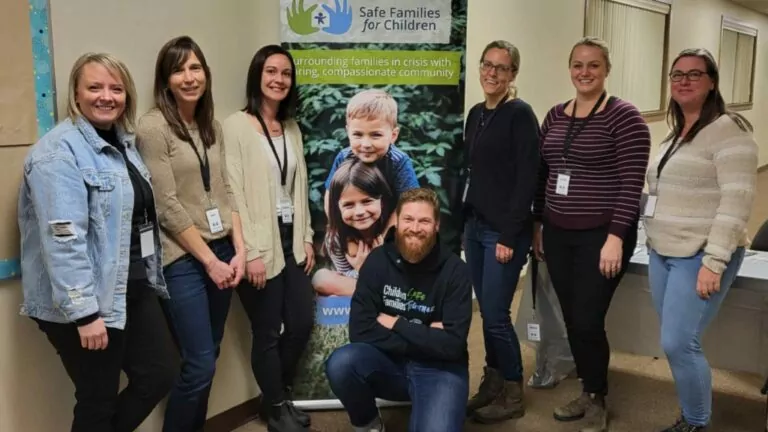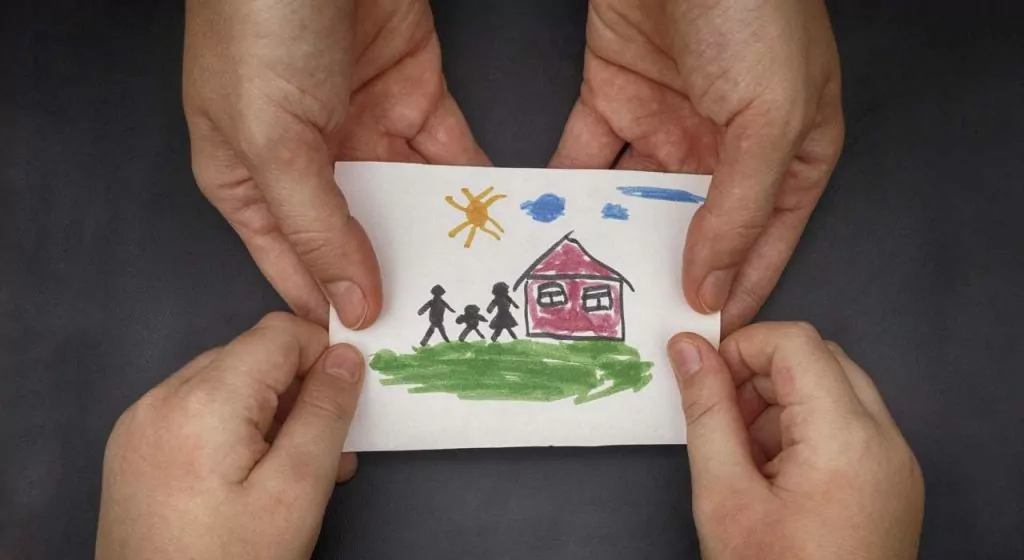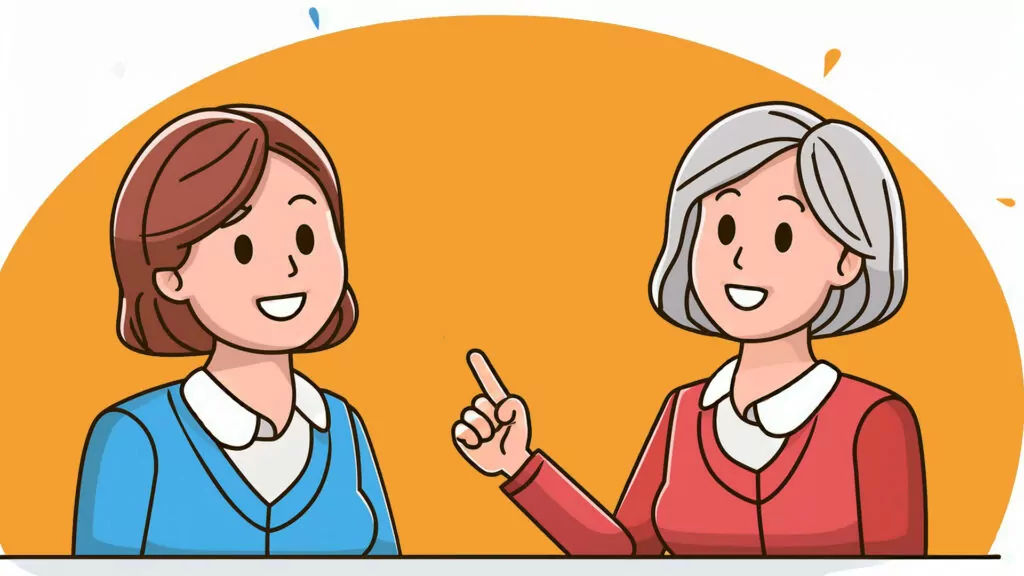It takes some courage to get into the public to show love for our neighbors, with a meal for an elderly person, taking part in a Life Chain, or helping at the local soup kitchen. Some may even take their children so they are exposed. But how would we feel about welcoming the public into our own homes to live with us temporarily?
A different sort of fostering
It was at a legal seminar in London, Ontario, about ten years ago, that I first heard of a movement called “safe families.” Jennifer Francis, a young woman at that seminar, was intent on launching the organization, modeled after Safe Families for Children in the USA. Not only has it taken off in Canada, members of the Reformed church community are helping it expand to new areas.
Safe Families exists to keep children safe and families together. As they describe on their website, they “temporarily host children and provide a network of support to families in crisis while they get back on their feet.” What sets them apart is that they do this outside of the government system. Yet their effectiveness has made them a go-to place for child welfare agencies, who regularly refer families to them, encouraging these families to make use of their care so that they don’t get into a crisis mode where the government needs to intervene.
“Instead of waiting for bad things to happen to children, we can step in to help,” they explain. “By design, child welfare systems are designed to react after something bad happens to a child. Such interventions can be necessary in cases of abuse and neglect, but we can help before bad things occur.” In the 20 years of their existence, the Safe Families movement has provided over 35,000 hostings, utilizing 25,000 volunteers and 4,500 churches, most of those in the US, UK, or Canada, with 93 percent of the children returning home.
The concept immediately struck a chord in my heart, as it provides an opportunity for Christ’s church to open our arms to vulnerable families and children in a way that is both practical and simple. Having witnessed the enormous sacrifice, and occasional heartache, of families who served within the government system as foster families, this appeared to be an option that would be far more doable for ordinary families.
God blessed that young woman’s vision and Safe Families was incorporated as a Canadian non-profit in 2012. Francis has since been faithfully leading the organization, first as the Executive Director, and now as the interim chair of the board. Safe Families started ministering to families in the Greater Toronto Area but has now spread to many cities across Canada.
Reformed folk seizing the opportunity to serve
When I was first introduced to the concept, I couldn’t help but consider the potential for the Reformed community in Canada to get on board, as we are blessed with so many solid families who would be able to provide temporary care to children in need, outside the foster system. Sure enough, quietly and humbly, some in the Reformed community have been getting involved with the new chapters that have been formed.
Most recently, a chapter is being formed in BC’s Lower Mainland. I reached out to Jessica Wildeboer, who is chairing the steering committee to form this new chapter and is a member of the Langley Canadian Reformed Church.
I asked her what sparked the idea of bringing a chapter to the Fraser Valley. She explained that she heard about the organization from her sister, who attended an information session in Edmonton, but she didn’t give it much thought until a friend sent her a link to the Real Talk podcast episode, where Lucas Holtvluwer and Tyler Vanderwoude sat down with Hildy Sloots from Safe Families last year.
“I rarely listen to podcasts at all, but somehow (God’s work) I found myself washing dishes while listening to it. I was hooked. I loved all that I heard” shared Wildeboer. And she didn’t stop there. “I knew this needed to happen here in the Lower Mainland. I sent an email to Safe Families and asked about a BC chapter. They replied saying that a Zoom meeting was coming up and I was welcome to join. This was in September. By November we had a steering committee established with nine Christians, from Vancouver to Chilliwack, and we started planning steps forward.”
Different ways to help
In February of this year, Jason Peters, the Western Canada Director of Safe Families, led three information sessions in the Fraser Valley. They were thrilled to have about 230 people come out, representing 25 different churches.
Three members of the steering committee shared with the audiences why they believed Safe Families was needed and important. “As chair, I shared my own experience of seeing my church rally around my family in times of crisis” Wildeboer explained. RCMP officer Steve Vandelft, and social worker Kathleen Vanderveen, also shared how in their work experience they would often see families who needed extra support.
Wildeboer explained that “We put out sign-up papers asking for people to express what areas they might be interested in helping with in the future. Different areas include being a resources friend (organize meals, pick up groceries, help with a reno), family friend (do some babysitting, offer encouragement), family coach (overseeing the volunteers surrounding the family in crisis), and host family (hosting children overnight in your home for short periods of time, sometimes weeks).”
The response was incredible. “After the three info sessions, we had so many people check so many boxes with wanting to help, and we even had 18 families sign up wanting to become a host family! Amazing!”
A Christian witness
What also sets Safe Families apart is their faith-based approach, “motivated by the compassion and grace that they first received from Jesus Christ.” And the beautiful thing is that instead of this closing doors to working with the child welfare system, they form a bridge between families who are in need and the Christian community.
“When a family in church is in crisis, meals are brought, babysitting is arranged, rides are organized, whatever is needed is provided,” shared Wildeboer. “But how do people without a church community survive when a crisis hits? Our churches seem rich with resources such as stable homes. How can we bless our community with our resources?”
She also liked that the service is local and hands-on. “I think there is also something precious and vital about being more intentional within our own communities. I like my kids to help with babysitting. I like my kids to help with making a meal and dropping it off. I like my kids to write cards to neighbours and hand-deliver them. Sometimes we can be too busy in our own safe comfortable bubble with people we know, but we could improve with meeting new people and warmly welcoming all those we meet. It is good to get uncomfortable, that’s what Jesus did.”













